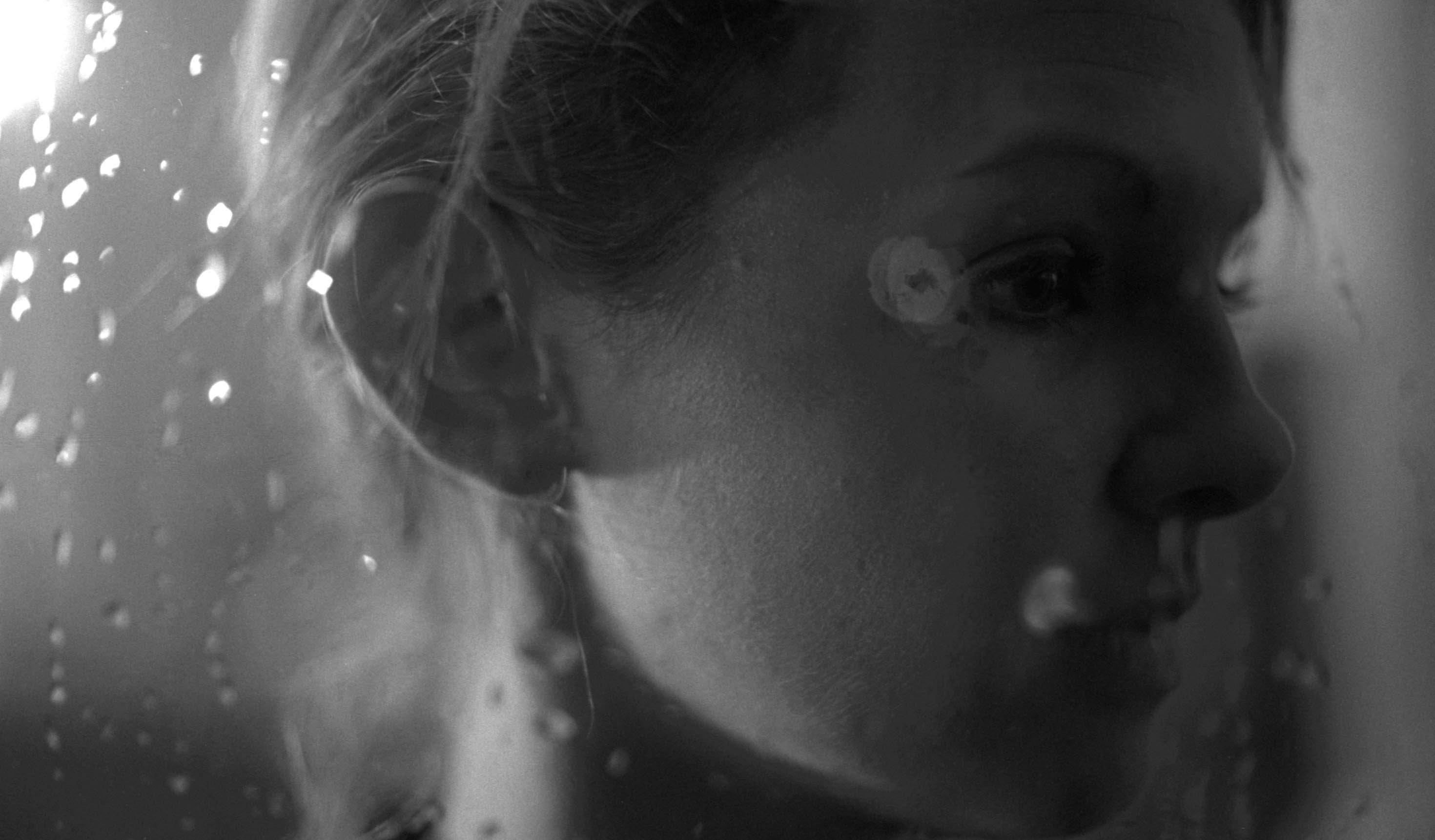When I greet “semi-strangers,” sometimes strangers, with Hellos and How-Are-Yous you say they do not warrant, it’s because of Physics, and the empty seat that stared back at the class from mid-November till the depth of June.
*
Eric was not the quarterback, but looked like one. And he was on the team, of course. He was a senior while I was a junior; in Physics they combined the two years. As his name and mine were nowhere near each other in the alphabet, we sat in far-off corners. And as he was not my lab partner, he had no reason to say boo to me.
That fall his mane of masculinity rose up from cashmere sweaters like a male Venus from the sea. To see him you’d know the Greeks got that god’s gender wrong, for there he’d be, all blond and blithe: if not blithe, sanguine; and if not sanguine, silently seductive, just being, nothing sultry or salacious about him. So fine was he, he would not be caught dead petting in a corridor with a girl, faces interlocked and groins congealed, four moist palms pawing under clothes until the bell rang for the period, which was the vogue back in the ’seventies; nor would you have imagined that of him.
But in a corridor removed from Physics, after lunch, before sixth period, he’d be standing by my locker, semi-smiling in a quiet, well-fed, seeming satisfaction, not at anyone, but at everyone, eyes open, but not catching other eyes, hungry as wit for some rogue ripple that might deny the Denial of Depth, which was and is the code of teenage boys.
You’d say the waters of his still sea ran deep; my own pond was such a murky place, I recognized, or thought I did, the dangerous undertows below his surface. And I’d think of waving, maybe just a finger, nothing more, just to let him know I knew. Of course I could not risk him not returning wave or gaze or nod. Besides, in truth (and this is a truth I’ve had to remind myself of many times in order to forgive myself for what went down), I doubted he ever even recognized me, there, in the corridor, when he saw me, if he ever saw me, if he realized I was in Physics too, because he did not wave back, the one time I in fact waved, and not just thought of waving, which I’m sure I did, once. Cashmere never noted wool, in those days; nor did seniors, juniors; nor young men who blocked and tackled, or caught balls and ran fast, boys who sat in band, or bowled: No statue in the history of statues was ever warmed by a pot-belly stove.
But had we even grunted at each other, would that have made a whit of difference, later, that fatal moment when the girl who had agreed to go with him, to be his date at the Homecoming dance (his first date, maybe!) changed her mind, had second thoughts, and jilted him? (We heard the story later. Much later.)
And what could one word from one passerby have done to stall the daring, morbid rashness of a post-pubescent jock after the Game at home at night, at home alone, alone instead of at the dance, the dance where his parents were chaperones (had one stayed home!)—that’s why he was alone at home, that night, and all he had to keep him company was his dad’s gun rack—locked, but only glass—
staring back
but no one to call and bother with his mood, or call and say hello to, or just Hey, to intercept his final, bloody play—
What could one word, one wave, one witless wink, one passing moment passing in a corridor have done to help deter his final deed?
*
I don’t know, and I know I’ll never know, but now, even to some I do not know at all (and every semi-stranger, say, like you), I’m haunted by what Physics taught me and will pause when I’m about to pass and, caring not a whit what you might do,
nor parsing overmuch what either you
or semi-strangers might be going through,
I say
hello.
James B. Nicola’s poetry has garnered two Willow Review awards, a Dana Literary award, seven Pushcart nominations, and one Best of the Net nom. His full-length collections include Manhattan Plaza, Stage to Page: Poems from the Theater, Wind in the Cave (2017), Out of Nothing: Poems of Art and Artists (2018), Quickening: Poems from Before and Beyond (2019), and Fires of Heaven: Poems of Faith and Sense (2021). A Yale grad, he also has enjoyed a career as a stage director, culminating in the nonfiction book Playing the Audience: The Practical Guide to Live Performance, which won a Choice award.




